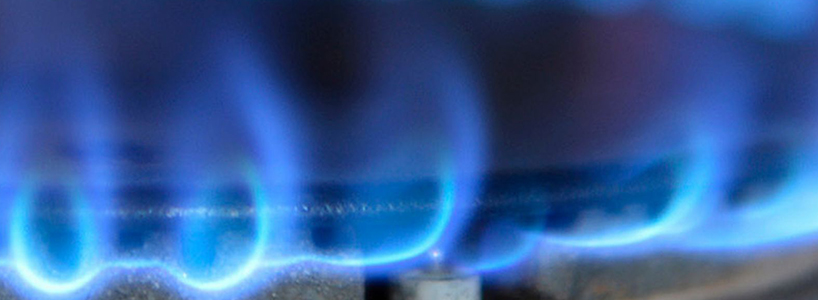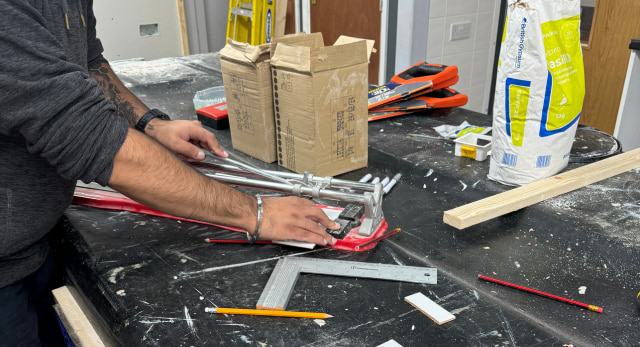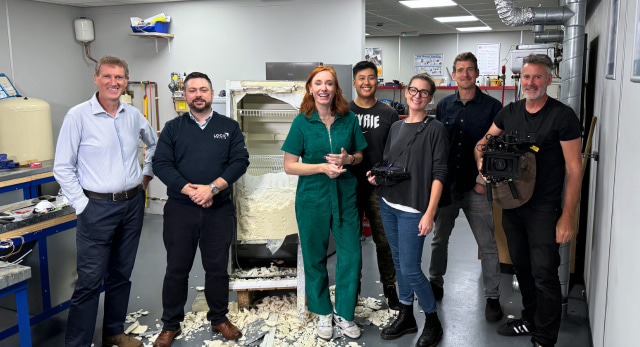Ensuring that you’re fully trained when it comes to working with gas is essential for your health and safety, and those who have to live or work in the building.
That’s why we offer gas meter safety training, to ensure that you’re as up to date and as knowledgeable as can be. If you’re thinking of enrolling on the Gas Meter Safety (MET1) training and assessment course, here’s just a few things you need to know.
What is Gas Meter Safety Training?
The MET1 Gas Meter Safety Assessment is designed to test gas safety competence if an installer’s domestic gas meter work includes:
- Installing from new
- Exchanging from existing
- Permanently removing and commissioning or decommissioning
It is part of the Gas Safety Domestic Appliances Course or can be taken as a stand-alone appliance module.
Who Should Take This Course?
It’s important to have a core understanding of gas and non-domestic engineering before undertaking the MET1 assessment course.
MET1 assessment is not required simply to connect a gas meter or to make minor alterations during a domestic system installation.
MET1 (gas meter safety) training covers primary and secondary meters, up to six cubic meters per hour capacity, with a low supply pressure of less than 75 mbar.
Operatives installing meters with a higher supply pressure, between 75 mbar – 2 bar, will additionally require the REGT1 assessment.
Candidates must hold one of the following core qualifications as a pre-requisite for taking MET1: CCN1, COCN1 or CCCN1.
Non-domestic engineers can undertake MET1, without the need for CCN1, but only if they encounter domestic sized appliances within non-domestic premises.
What’s Included in the Training?
This course covers a lot of important elements when it comes to gas safety, to ensure that you get as much out of the course as possible.
Our Gas Meter Training covers the following topics:
- Gas Safety Legislation
- Installation of pipework and fittings
- Test for tightness
- Checking and/or setting meter regulations
- Identification of unsafe situations
- The Operation and positioning of emergency controls
- Emergency notices and warning labels
- The operation and checking of gas safety devices and controls
- Flue testing
- Installation of open, balanced and fan assisted flue assemblies
- Gas Emergency Actions and Procedures
- Characteristics of combustion
- Ventilation
- Re-establish existing gas supply and re-light appliances
The MET1 Course does not include training on the following:
- Electrical or telecommunication components, including smart meters
- Meter Reading
- Pre-payment mechanisms
- Meter box installation
- Construction of meter compartments or housings
- Pipework Installation
- Installation or exchange of emergency/meter controls to service pipework
- Service valves or their operation
- Meter removal from site and subsequent disposal
- Testing by Office of Gas Supply Technical Directorate or by OFGEM Technical Directorate and theft of gas
Contractors have historically included MET1 as part of the training package for its operatives, but they are frequently finding they do not need this module.
Gas providers are currently not undertaking major meter replacement programmes, so the demand for this type of work is decreasing.
In the rare instance where there is a need to move a meter to a new location, the meter owner would need to be consulted to arrange the work and grant their permission to break and re-seal the governor.









